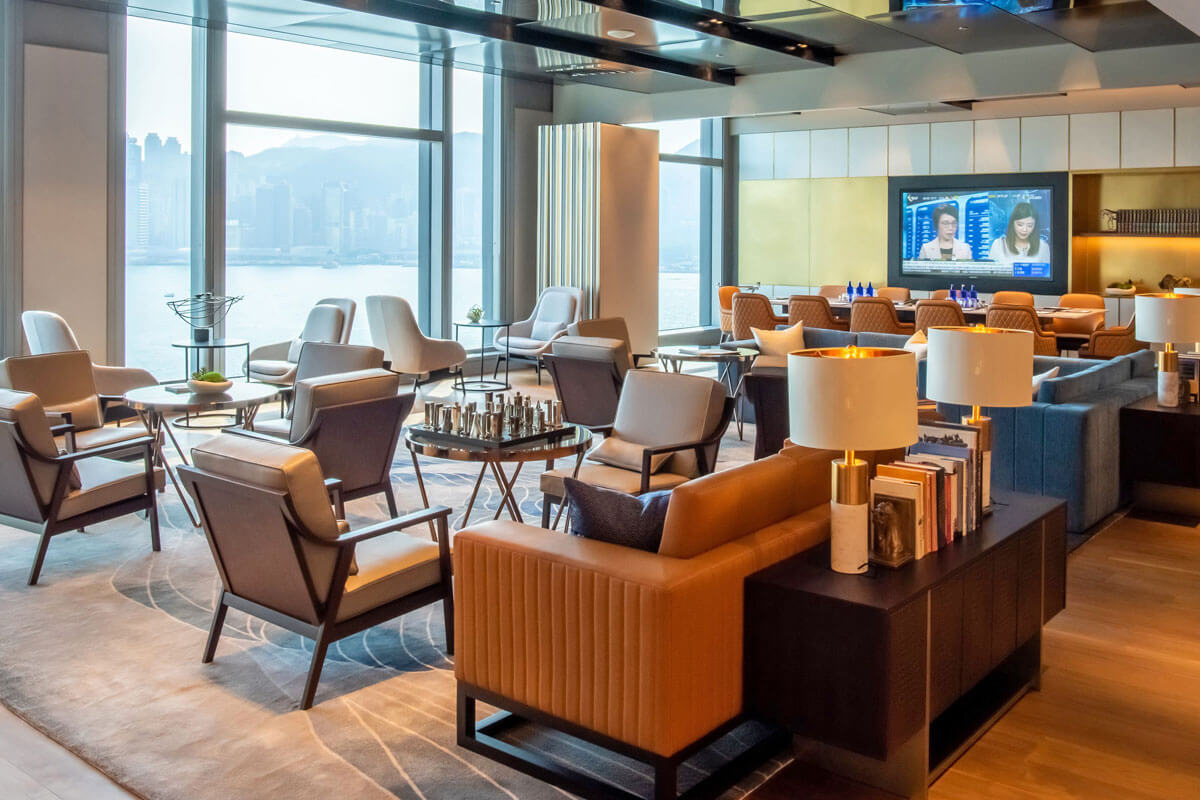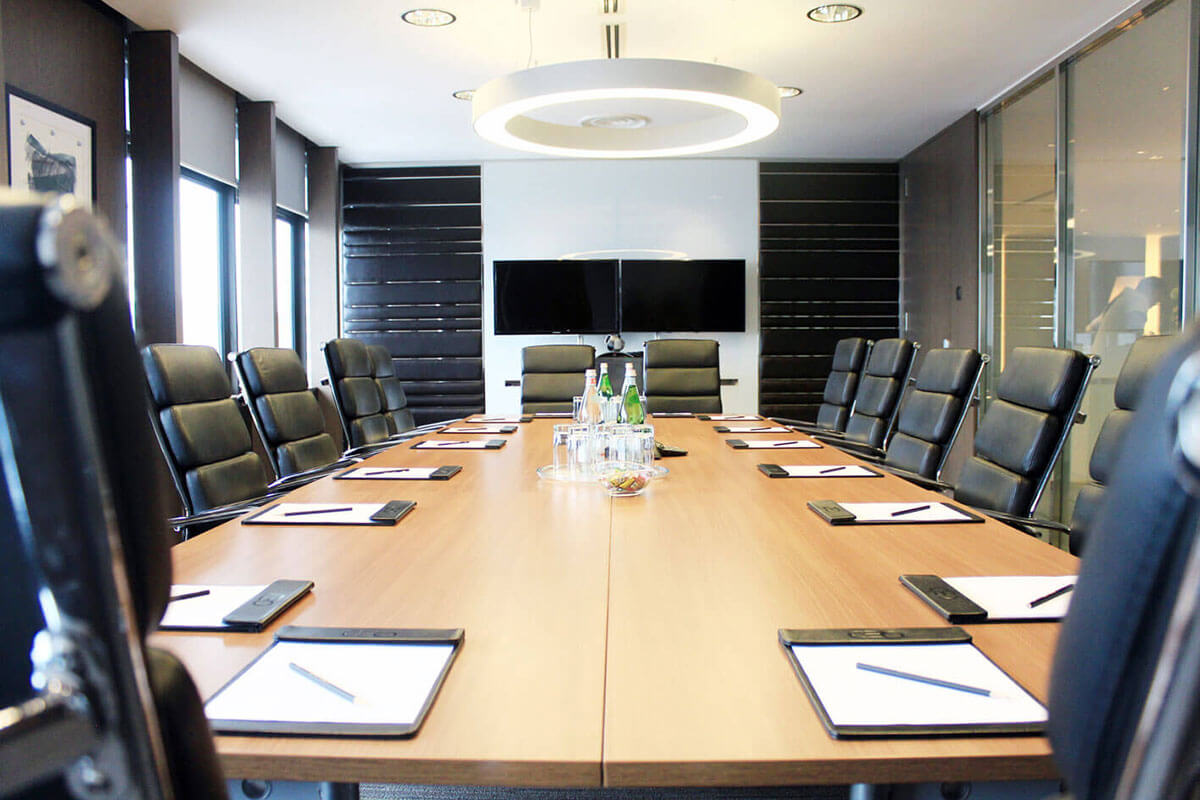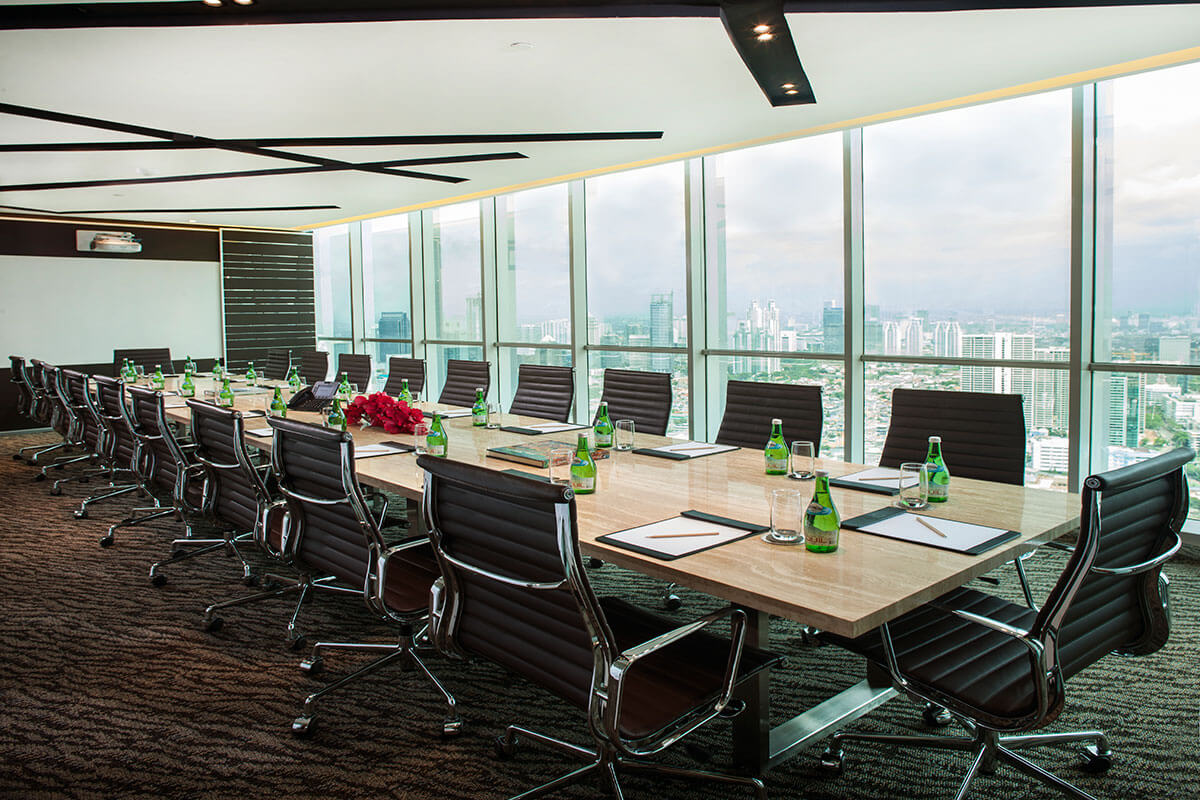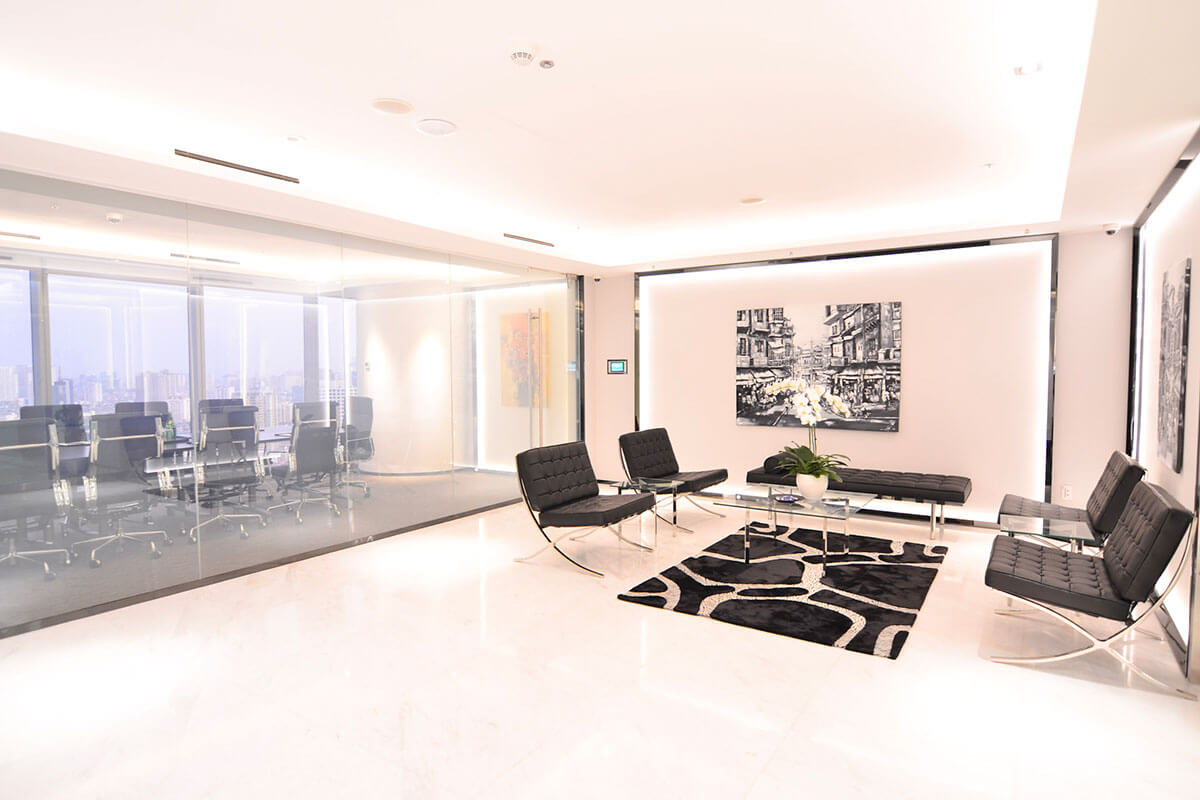Made-To-Order Offices
Running business centers across East Asia requires tremendous flexibility because clients in different countries appear to want entirely different services.
Within hours of a car bomb exploding outside the Australian embassy in Jakarta on September 9, Mee Kim was getting calls from harried executives. While the explosion had done little serious damage to the reinforced embassy, it had torn through the glass-windowed floors of nearby office blocks, rendering many of them unusable. Overnight Mee Kim prepared rooms, phone lines and computers for mining company Freeport McMorRan and three oil companies in her business-center offices a few blocks away. “The next day they moved in,” she says.
Kim, 42, is founder and president of CEO SUITE, a network of business centers across the region that cater to companies and individuals. Clients turn to her for everything from forwarding number and centrally located address to fully kitted-out offices, board rooms and kitchen facilities. Some clients stay a couple of hours, some move in for years on end, relying on her for local expertise, advice, security, communications, staff, shipping services and technology.
Her lesson since setting up her first center in 1997: Businessmen in each country need something a little different and running a business center requires flexibility. “Some places offer a few extras like accounting and airport pick-up, but we’re different,” she says.
While Jakarta business, for example, is as much guided by the security situation as the economy – a major appeal of her two centers in Jakarta is the stringent security in palace in the building – Shanghai’s office feels like a business incubator for companies just starting out, she says. Singapore, meanwhile, caters to longer-term clients who have no interest in expanding beyond a representative office, competing on price in a very cost-conscious market. Kuala Lumpur, she says, is halfway between the two, hosting clients until they’ve set up permanent shop but keeping costs down in a competitive market. “They are all different,” she says, “and need something different from us.”
And it hasn’t been an easy ride. After studying business in Australia (and keeping some hints of a Down Under twang) Kim worked for 7 years for Australian companies setting up business centers in the region. Then, based in Indonesia in 1997, she decided to set up her own. “Jakarta was the most cost-effective city and a good learning place,” she says. More like a crash course: less than a month after she set up her first center in the stock-exchange building in the central business district, the financial crisis struck. Shifting tactics from aiming at multinationals looking to set up offices in Indonesia, of whom there were none, she instead targeted companies either heading in the other direction or downsizing.
Jakarta may not be booming, but she’s finding business good. Expanding to two buildings, her offices look across at each other over the city’s biggest intersection. Her expansion was greeted with derision by those who saw Indonesia as a country in economic free fall. “Everybody thought I was crazy,” she said. But for her the problem was not getting business but accommodating enough of it to make a profit.
Indeed, her prime office, in Wisma GKBI, is abuzz with messengers, staff and clients wandering around, waiting in the airy and modern reception area. Office rooms come equipped and furnished but customers can bring in their own items if they prefer. In Jakarta alone she has 250 clients ranging from journalists to companies like British Telecom and Dell, paying anything from $60 a month for a business address or “virtual offices” to thousands of dollars for office spaces. Other professional services include message-forwarding via text messages. That service is particularly popular, she says, “since no one need know you’re on the golf course.”
Apr 26, 2013




 Bahasa
Bahasa
 日本語
日本語
 한국어
한국어
 ไทย
ไทย
 tiếng Việt
tiếng Việt
 中文
中文






